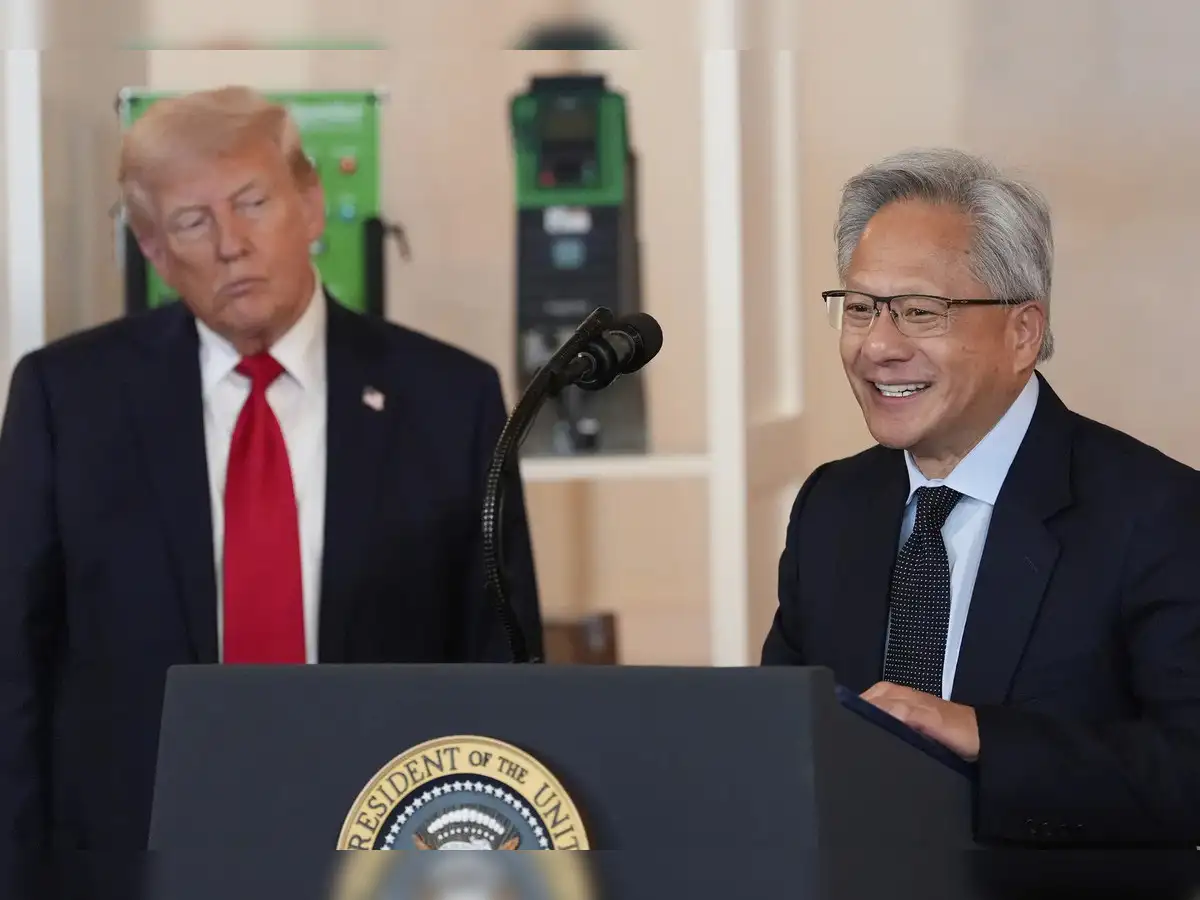August 11, 2025 — Washington, D.C.
President Donald Trump has intensified his use of federal military and law enforcement powers, both within the United States and overseas, in a move that significantly expands the reach of federal authority. The latest actions include taking control of the Metropolitan Police Department in Washington, D.C., deploying National Guard troops to the capital, and sending federal agents from multiple agencies into the city’s neighborhoods.
Federal Takeover of D.C. Policing
In a move unprecedented in recent decades, Trump placed the D.C. Metropolitan Police Department under federal oversight, transferring authority from local officials to the Department of Justice, headed by Attorney General Pam Bondi. The president invoked provisions of the Home Rule Act to justify the shift, declaring a 30-day “public safety emergency.”
Alongside the police takeover, the administration deployed 800 federally activated National Guard troops to the District. Officially, these forces will provide logistical and administrative support, though between 100 and 200 Guard members are expected to participate directly in law enforcement operations.
Trump has framed the intervention as necessary to combat crime and homelessness, calling the city “out of control,” despite the fact that local statistics show violent crime down 26% and homicides down 12% over the past year.
Multi-Agency Federal Presence
The operation brings a surge of personnel from over a dozen federal law enforcement agencies, including the FBI, DEA, ATF, ICE, and others. Agents are being embedded into D.C. policing efforts, patrolling neighborhoods, and conducting joint enforcement actions with local officers now under federal direction.
This mirrors earlier deployments in other cities, most notably in Los Angeles this past June, when Trump activated California’s National Guard and mobilized U.S. Marines to quell protests related to immigration raids — a move that prompted ongoing legal battles over the limits of presidential authority.
Legal and Constitutional Concerns
The use of the Home Rule Act to override local D.C. governance is rare and contentious. Legal scholars argue that while the Act allows for emergency intervention, Trump’s use of the provision in a city experiencing a decline in crime may push the boundaries of its intent.
Civil liberties groups have also raised alarms about the use of military forces in domestic policing. While the Posse Comitatus Act generally restricts military involvement in civilian law enforcement, the National Guard operates in a legal gray area when federally activated. Critics warn this blurs the line between military and civilian roles, eroding democratic safeguards.
Political Reactions
Mayor Muriel Bowser and D.C. Attorney General Brian Schwalb have condemned the move as a politically motivated power grab that undermines the city’s limited self-governance. They argue that the takeover is unnecessary given improving crime statistics and risks inflaming tensions between residents and law enforcement.
While some police unions have expressed support for the additional manpower, civil rights advocates warn of a dangerous precedent in which federal authority can override local governance for political purposes.
Broader Pattern of Federalized Enforcement
The D.C. deployment fits into a larger pattern of aggressive, centralized law enforcement measures under Trump’s second term. From border enforcement surges to domestic National Guard activations, the administration has repeatedly used military and paramilitary resources in domestic contexts.
Observers note that such measures — particularly in politically sensitive urban areas — may serve both security objectives and broader political messaging, reinforcing Trump’s image as a president willing to use force to impose order.
Summary Table
| Issue | Detail |
|---|---|
| Authority Used | Home Rule Act, 30-day “public safety emergency” in D.C. |
| Federal Resources Deployed | 800 National Guard troops, 12+ federal agencies including FBI, DEA, ATF, ICE |
| Stated Motivation | Crime and homelessness, despite local data showing declines |
| Broader Pattern | Similar federal deployments in Los Angeles and at the southern border |





